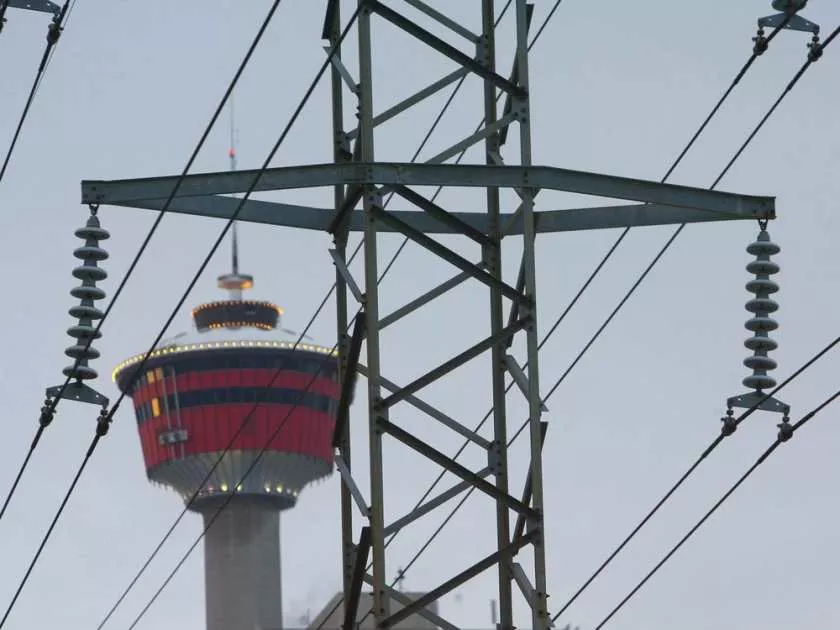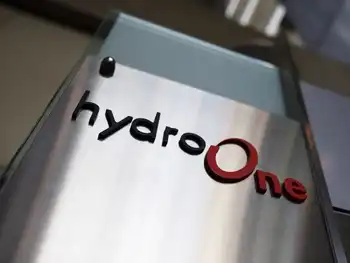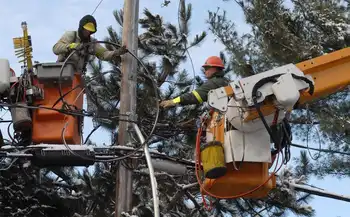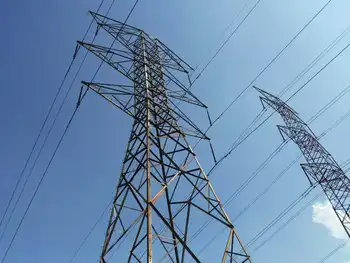German Wind Power Growth Slows
By
Arc Flash Training CSA Z462 - Electrical Safety Essentials
Our customized live online or in‑person group training can be delivered to your staff at your location.

- Live Online
- 6 hours Instructor-led
- Group Training Available
Germany, the world's largest wind power market, will see 2,800 megawatts (MW) of new capacity installed this year, around 450 MW less than in 2002, Peter Ahmels, president of Bundesverband WindEnergie, said. "We won't see as big an increase this year as last year as the planning process has become more difficult for companies," he told Reuters in an interview. "Each project now needs to be more closely examined to see whether it is environmentally friendly, which takes time, and banks want to be better informed about potential risks faced by a venture before they invest in it," Ahmels said. Banks decided to reconsider their investment strategy for the sector after some wind power projects failed to meet their expectations, he said. The wind turbines to be installed this year will boost total installed wind power capacity to around 14,800 MW, securing Germany in its position as the largest wind power market ahead of the United States and Spain. Ahmels said wind farms currently generated 21 terawatt hours (TWh) of the roughly 500 TWh of electricity consumed in Germany per year. Nuclear and coal-fired plants still make up the majority of Germany's power production. The government's goal to double the output from onshore wind farms by 2010 was ambitious, but existing wind farms would be expanded in coming years and there were also a number of new projects in the pipeline, he said. "In the next three to four years, capacity in the state of Lower Saxony for instance will rise by around 900 MW, while another 1,100 MW will be installed in Schleswig Holstein". Ahmels said, however, a lot of work had to be done to hook up wind farms situated in remote areas such as coastlines to the electricity network. "We need the government to support the building of new grids, as the planning may take between 10-12 years," he said. Germany's wind energy sector has seen rapid growth in recent years as the government has backed it with subsidies as part of its strategy to bring down greenhouse gas emissions, which most scientists say cause global warming. Last year, privately owned German wind turbine maker Enercon had a 34 percent share in the national market, followed by Denmark's Vestas ((VEST.CO)) -- the world's biggest wind turbine maker -- with 17.9 percent.
"We won't see as big an increase this year as last year as the planning process has become more difficult for companies," he told Reuters in an interview.
"Each project now needs to be more closely examined to see whether it is environmentally friendly, which takes time, and banks want to be better informed about potential risks faced by a venture before they invest in it," Ahmels said.
Banks decided to reconsider their investment strategy for the sector after some wind power projects failed to meet their expectations, he said.
The wind turbines to be installed this year will boost total installed wind power capacity to around 14,800 MW, securing Germany in its position as the largest wind power market ahead of the United States and Spain.
Ahmels said wind farms currently generated 21 terawatt hours (TWh) of the roughly 500 TWh of electricity consumed in Germany per year. Nuclear and coal-fired plants still make up the majority of Germany's power production.
The government's goal to double the output from onshore wind farms by 2010 was ambitious, but existing wind farms would be expanded in coming years and there were also a number of new projects in the pipeline, he said.
"In the next three to four years, capacity in the state of Lower Saxony for instance will rise by around 900 MW, while another 1,100 MW will be installed in Schleswig Holstein". Ahmels said, however, a lot of work had to be done to hook up wind farms situated in remote areas such as coastlines to the electricity network.
"We need the government to support the building of new grids, as the planning may take between 10-12 years," he said.
Germany's wind energy sector has seen rapid growth in recent years as the government has backed it with subsidies as part of its strategy to bring down greenhouse gas emissions, which most scientists say cause global warming.
Last year, privately owned German wind turbine maker Enercon had a 34 percent share in the national market, followed by Denmark's Vestas ((VEST.CO)) -- the world's biggest wind turbine maker -- with 17.9 percent.











